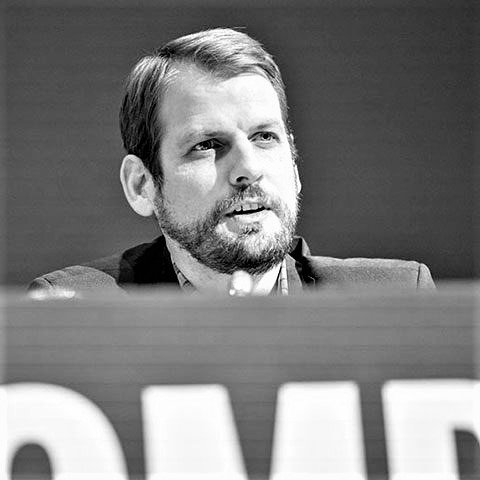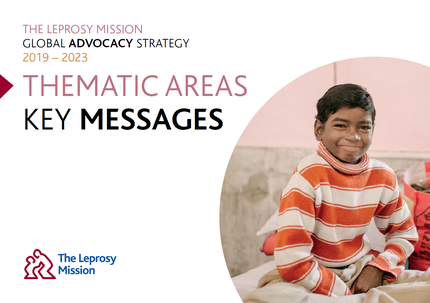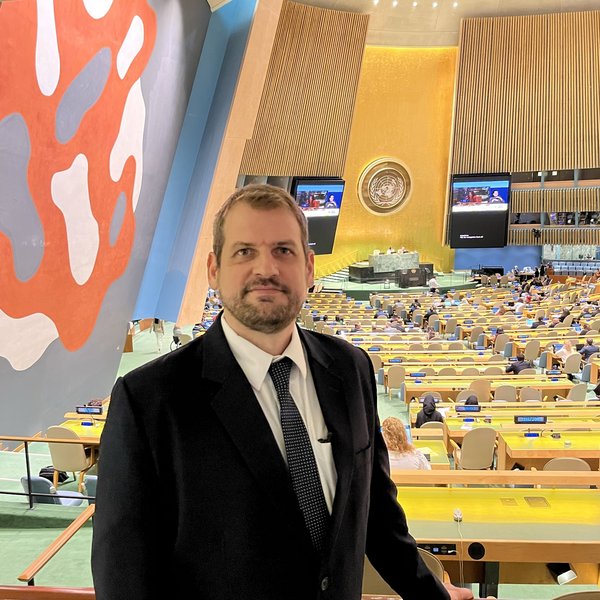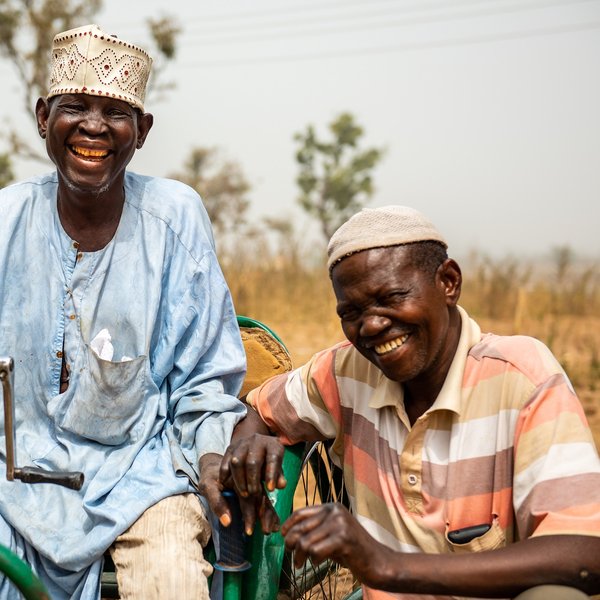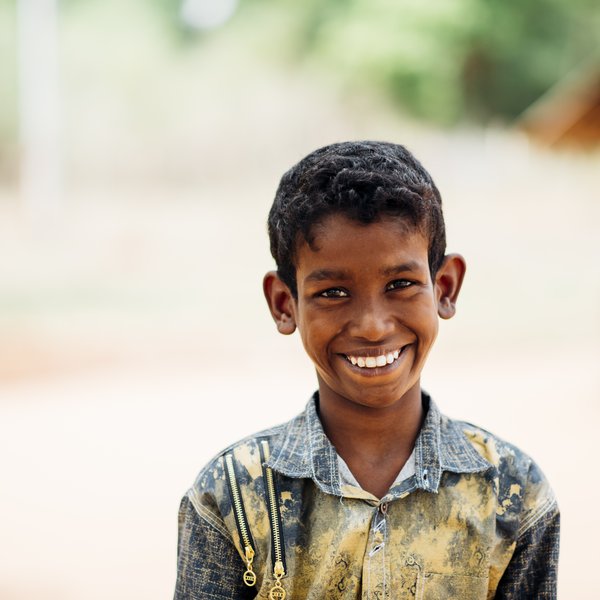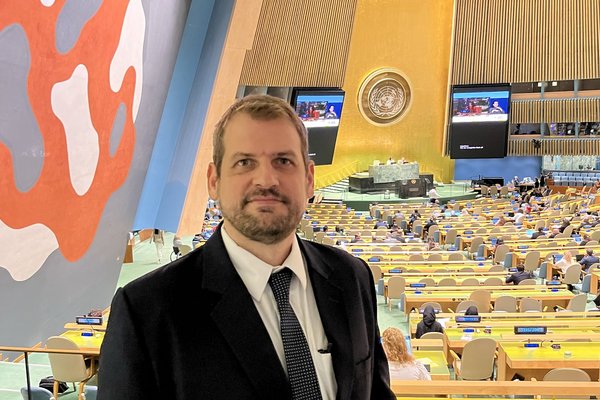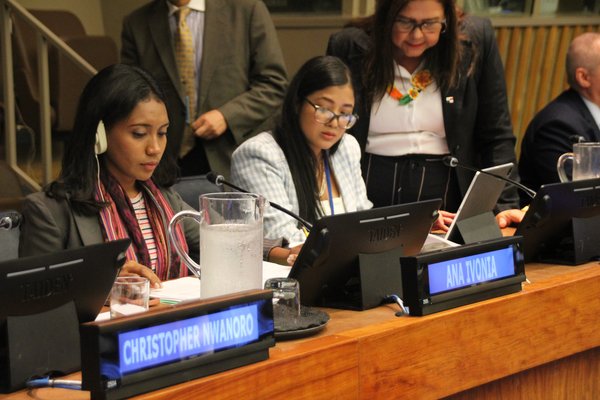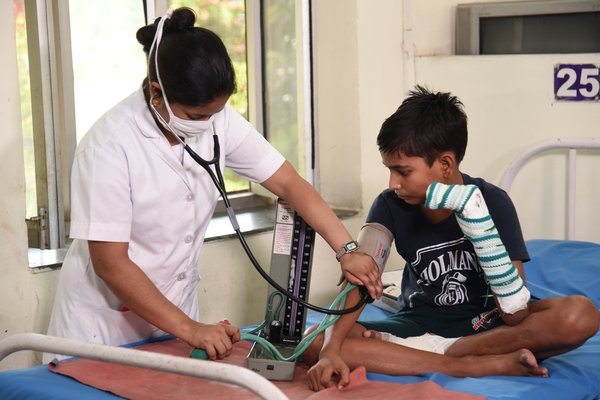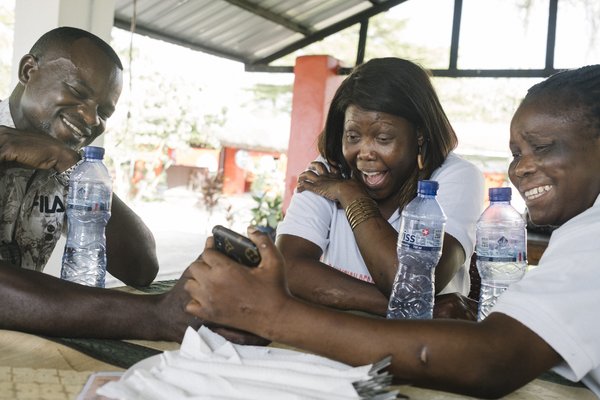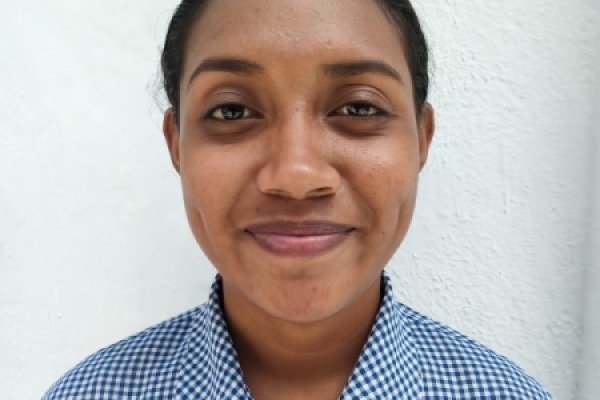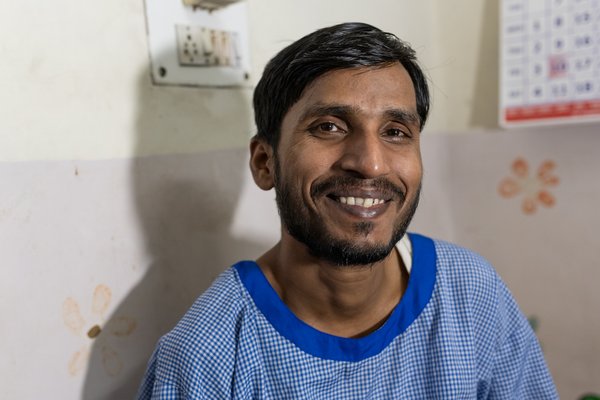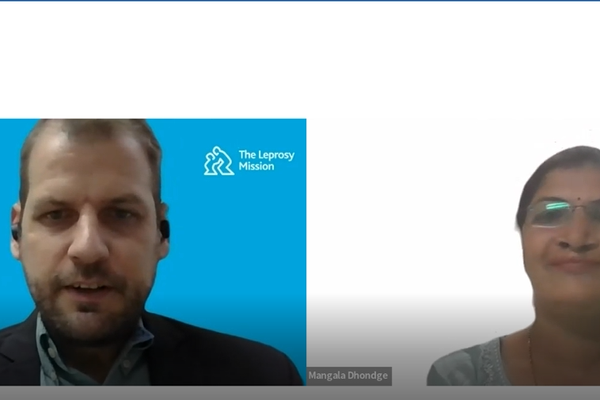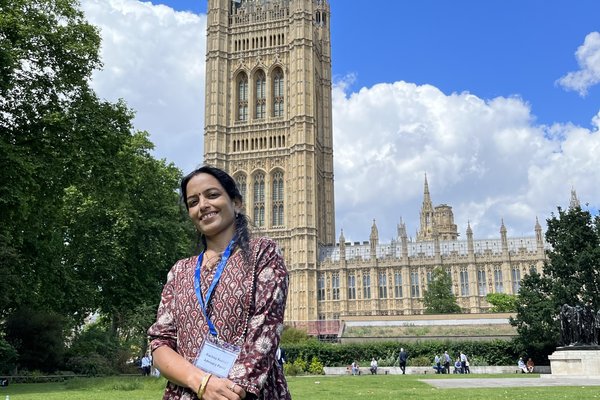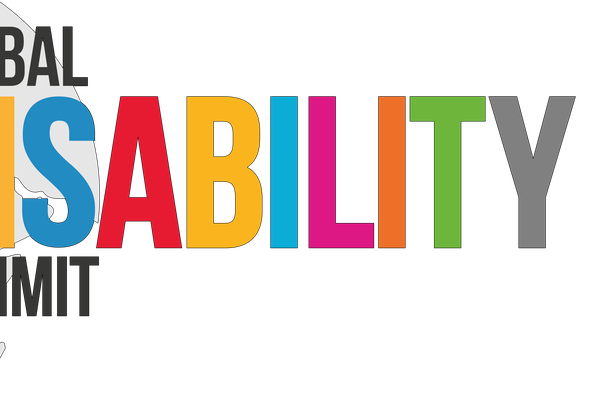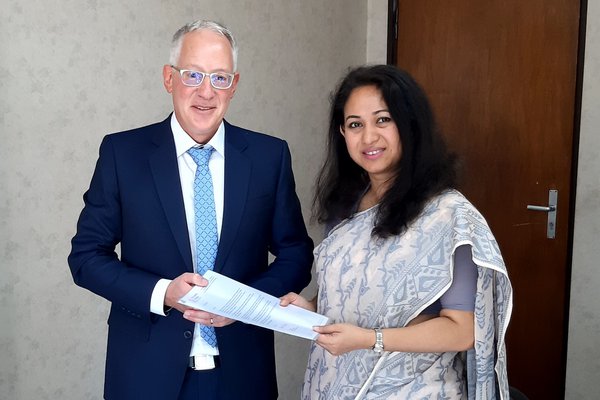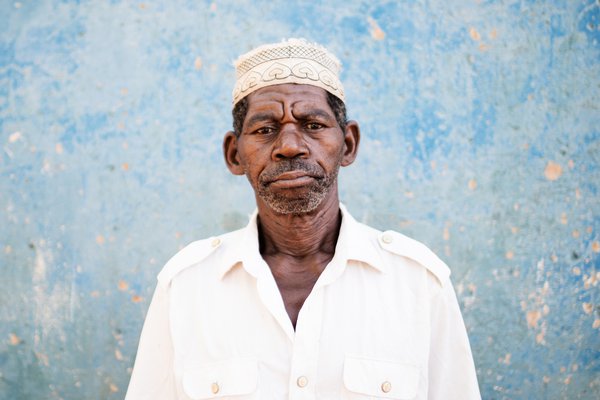Advocacy
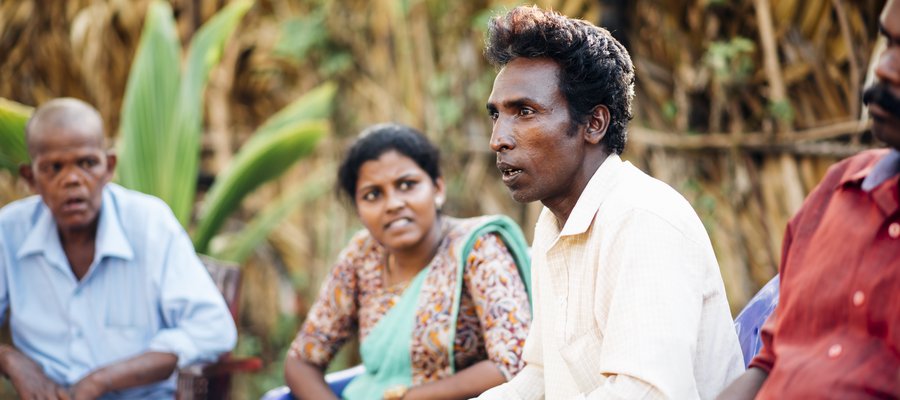
By 2015, the target of eliminating leprosy as a public health problem had been achieved in almost all countries. Once this target was achieved, governments reduced their resource allocation for leprosy control programmes. However, this is an outdated definition of elimination, meaning fewer than 1 case in 10,000 population.
Leprosy persists today and is now chronically underfunded and neglected by governments all over the world.
More than 200,000 new cases reported every year and an unknown number of unreported cases. In order to reach zero leprosy, the government in each country needs to own their own zero leprosy roadmap.
We know that we will not defeat leprosy by working on our own. Partnerships are vital to our aim of a world without leprosy and a world without leprosy-related discrimination. This is why we work with international, national, and local governments, as well as with Organisations of Persons Affected by Leprosy.
Discover our advocacy messages for the disability sector >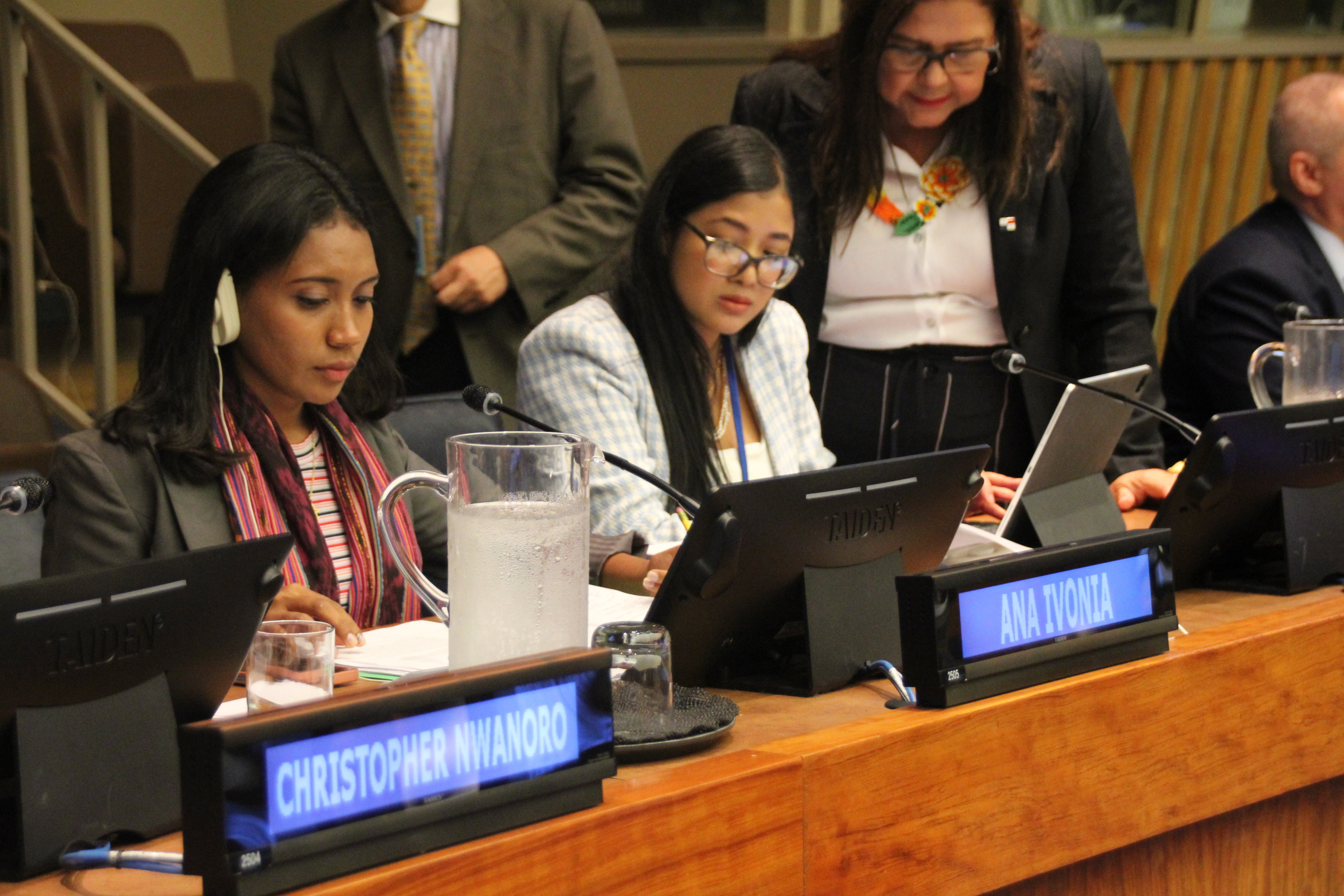
We believe in the power of self-advocates >
We have trained thousands of people to advocate on their own behalf because their voices are more powerful than ours can ever be.
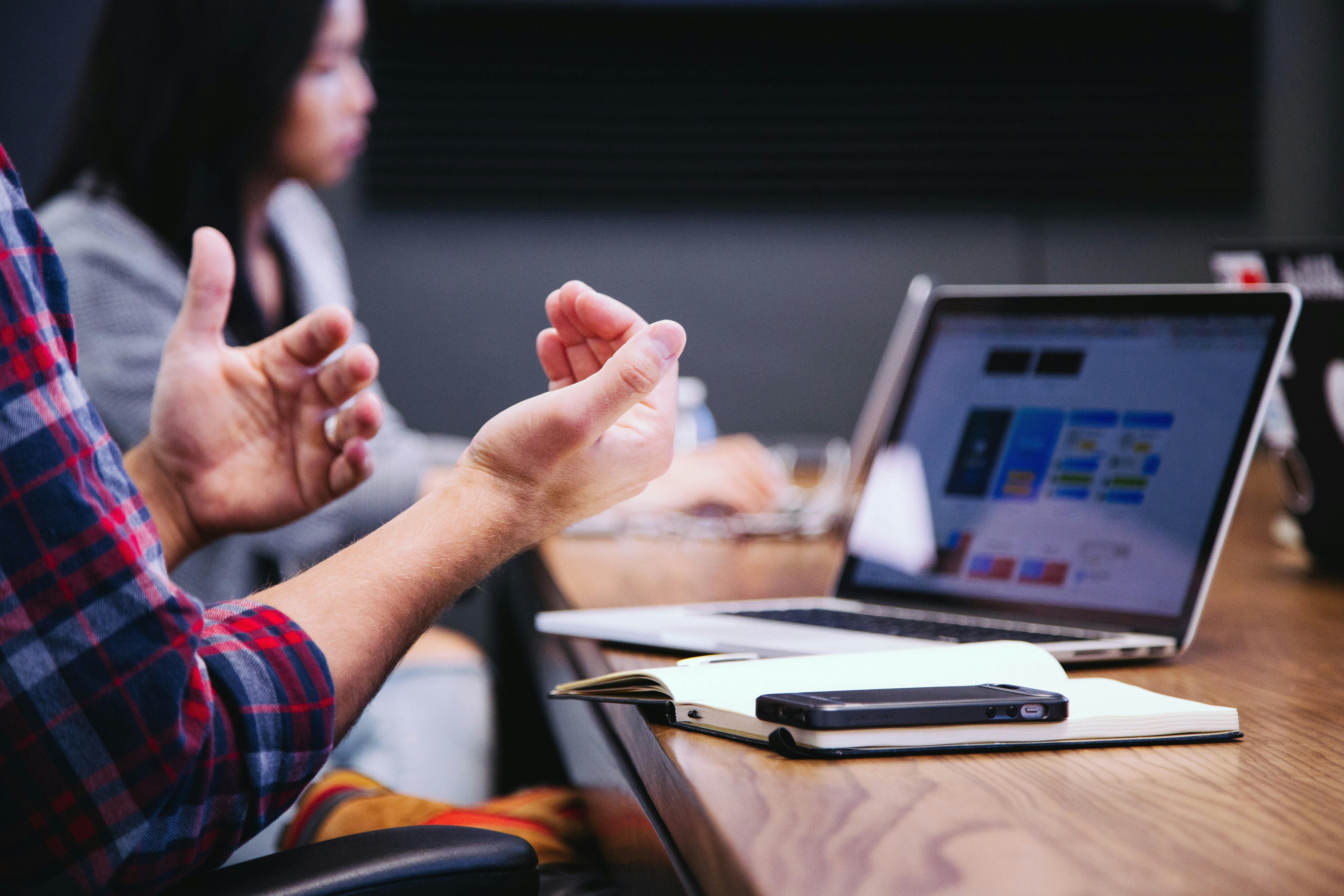
TLM's Advocacy Working Group
In 2024, The Leprosy Mission's Board commissioned a new Member-Appointed Working Group on advocacy. This includes experts from within and outside of The Leprosy Mission.
Our advocacy work is informed by our key messages
These key messages are focused on how advocacy and partnership can lead us to a world with zero leprosy transmission and towards zero leprosy disability and zero leprosy discrimination.
Read our messages document